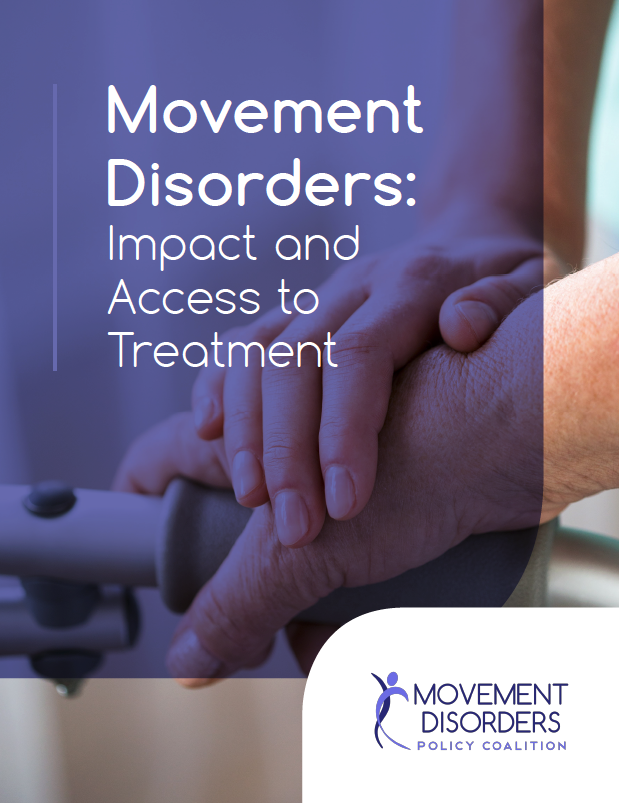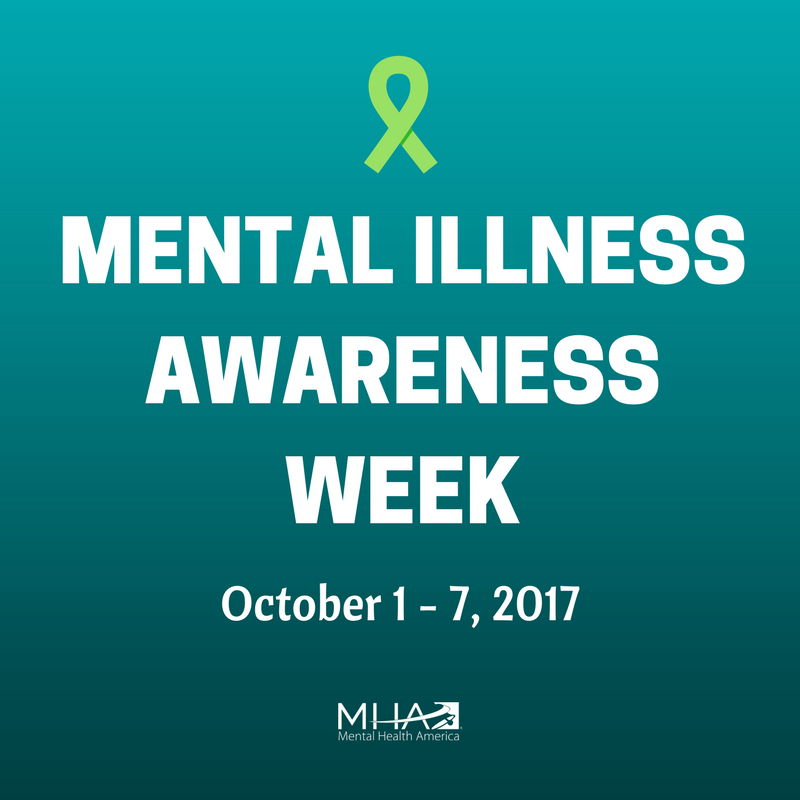

October 25, 2017
The British Medical Journal ignited debate earlier this month when it announced that about half of cancer drugs approved by the European Medicines Agency don’t improve survival or quality of life. The claim begs several complex question: How can regulators evaluate drugs both quickly and effectively?

October 17, 2017
Millions of people are affected by neurological conditions known as movement disorders: Parkinson’s disease, essential tremor, tardive dyskinesia and more.

October 13, 2017
What began as a safeguard against unnecessary drug spending has become a significant barrier to patient access. And as “Understanding Prior Authorization,” a new video from the Alliance for Patient Access, explains, the process may cut costs at patients’ expense.

October 11, 2017
Treating chronic low back pain with approaches such as yoga and talk therapy is cost effective, the Institute for Clinical and Economic Review announced this month. Will health plans respond by expanding coverage for non-pharmacologic therapies?

October 5, 2017
Depression, bipolar disorder, ADHD, schizophrenia and obsessive compulsive disorder – mental illness takes multiple forms.

October 3, 2017
“Managing diabetes is an all-day, every-day task for millions of Americans,” explains a new video from the Diabetes Policy Collaborative.
September 27, 2017
New treatment guidelines convey a startling reality: hepatitis C isn’t only a baby boomer problem anymore.
September 22, 2017
How do you put a price tag on a drug that offers life-altering results – but for a small group of patients? The question is becoming increasingly relevant with the rise of innovative, targeted medicine.
September 19, 2017
America’s drug abuse crisis has reached epic proportions, a recent report from the Centers for Disease Control and Prevention confirms. Drug-related deaths in 2016 alone spiked by 22 percent.

September 13, 2017
Tens of millions of people across the United States are affected by skin conditions, but not all of them can access the doctors and medications they need. So explains a new white paper from the Derma Care Access Network, an advocacy group that encourages informed policy on access to dermatological care.









